bio fertilizer manufacturers in India produce the highest quality fertilizers at affordable prices in a variety of packages. Price list of organic fertilizer companies in india vary depending on the types of packaging, gender, quality and so on. Variety in the types of organic fertilizers in india has always been significantly high and high, which in turn has led to the emergence of products at very different and varying prices. These fertilizers are defined as microbial inoculants as a product of effective, high yield microbial strains to supply one or more nutrients required by the plant.
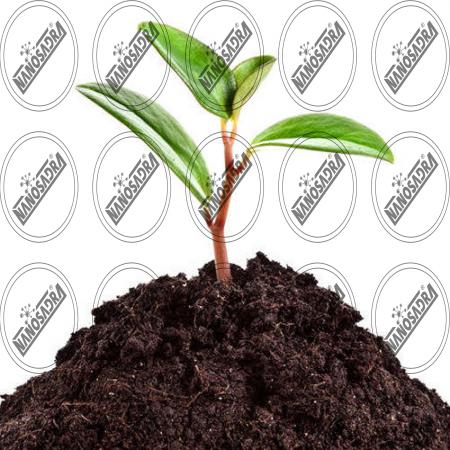
Are organic bio fertilizers so expensive?
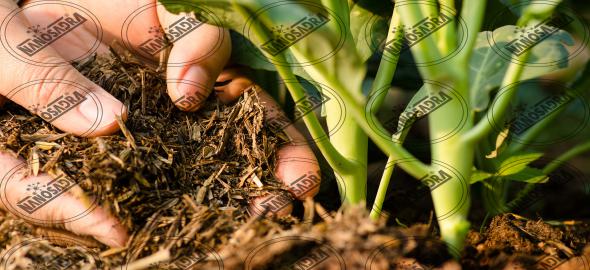 The answer is no. The use of bio fertilizers is less expensive and does not cause pollution in the ecosystem. Today, with increasing agricultural production to meet the growing needs of the expanding population, concerns are being raised about the future of food supply for the population.
The answer is no. The use of bio fertilizers is less expensive and does not cause pollution in the ecosystem. Today, with increasing agricultural production to meet the growing needs of the expanding population, concerns are being raised about the future of food supply for the population.
Due to the growing demand for bio fertilizers, based on proper management of soil and plant and tree growth environment, the sale of bio fertilizers has greatly improved than ever before and increased production reduces its purchase cost.
What are the important standards about bio fertilizers?
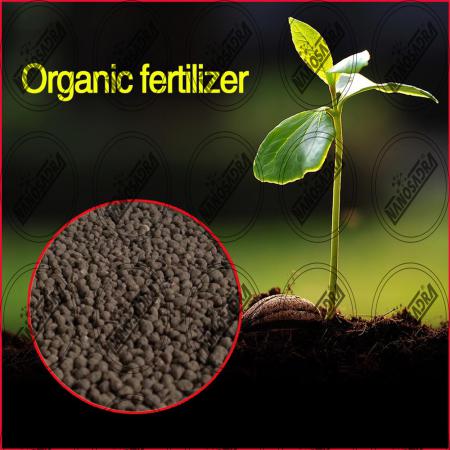 Implementing mandatory standards for agricultural fertilizers increases the risk of supplying counterfeit fertilizers, which is in line with the health of the people, the interests of farmers and producers who wish to produce standard fertilizers.
Implementing mandatory standards for agricultural fertilizers increases the risk of supplying counterfeit fertilizers, which is in line with the health of the people, the interests of farmers and producers who wish to produce standard fertilizers.
With the implementation of the standard resin fertilizer, their quality has improved significantly compared to previous years. These standards apply to the amount of organic matter, organic carbon, carbon to nitrogen ratio, moisture content, peat, zinc, lead, cadmium and other available materials. bio fertilizer manufacturing license to comply with specific fertilizer requirements in accordance with specific standards.
What are the advantages of biofertilizers?
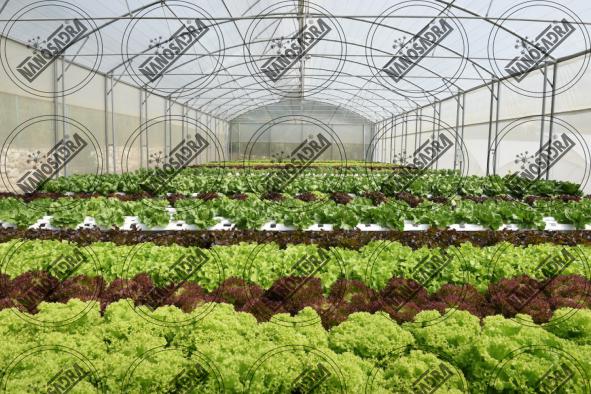 the advantages of bio fertilizers are:
the advantages of bio fertilizers are:
The best bio fertilizer products increases the nitrogen and phosphorus content of plants naturally compared to other fertilizers. The different varieties available in this product allow growers to produce the microorganisms needed for specific plants.
Bio fertilizers are easy to use even for small novice growers. Biological fertilizers do not contaminate the soil or the environment, while chemical fertilizers often result in excess phosphate and nitrogen in the soil. Most of it reaches lakes and streams after runoff. The waters are degraded qualitatively and suffer from algae growth and fish death.
Bio fertilizers reduce dependence on expensive fertilizer sources. The shortage of fossil fuels for the production of fertilizers may reduce prices beyond the reach of users. Bio fertilizers are an inexpensive and easy-to-use alternative to petrochemical products.
How do you make bio fertilizer?
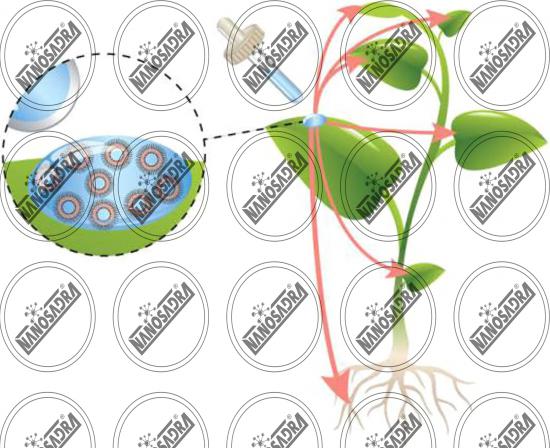 For the preparation of biological fertilizers (such as starch biofertilizers), raw materials such as rice or potatoes, milk, vinegar, water, isopropyl alcohol and glass jars are needed. Rice and starch produce lactic acid bacteria that by decomposing any organic matter significantly improves the health of the body and also eliminates the unpleasant odor associated with compost and fertilizer. Cucumber starch juice in potatoes and rice induces the growth of native bacteria and milk is used to isolate the bacteria needed for the best fertilizer possible and eliminate unwanted bacteria.
For the preparation of biological fertilizers (such as starch biofertilizers), raw materials such as rice or potatoes, milk, vinegar, water, isopropyl alcohol and glass jars are needed. Rice and starch produce lactic acid bacteria that by decomposing any organic matter significantly improves the health of the body and also eliminates the unpleasant odor associated with compost and fertilizer. Cucumber starch juice in potatoes and rice induces the growth of native bacteria and milk is used to isolate the bacteria needed for the best fertilizer possible and eliminate unwanted bacteria.
Biofertilization stages:
- Thoroughly clean and sterilize the glass container with isopropyl vinegar or alcohol.
- Soak the rice in the water for 5 minutes or boil the potatoes.
- Fill about half the volume of a glass pot with water from both starches and cover with a cotton cloth and an elastic band.
- Pour a small amount of rice or potato water into a new glass container.
- Pour the remaining volume into the pan. Cover it with a cotton cloth to allow for air exchange.
- Put on a shelf without direct sunlight for 5 to 7 days.
- Separate the liquid from the cache. This is called Lactobacillus.
- Store LAB serum in glass jars with a firm hold. LAB has a 6 month shelf life.
- Dilute 1 tablespoon LAB serum with 1 bottle of water and pour over soil / compost and herbs.










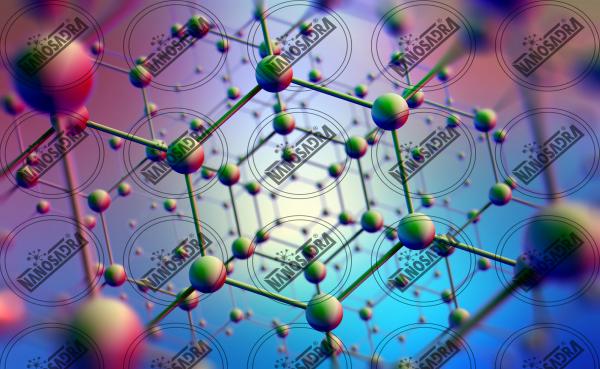
Your comment submitted.